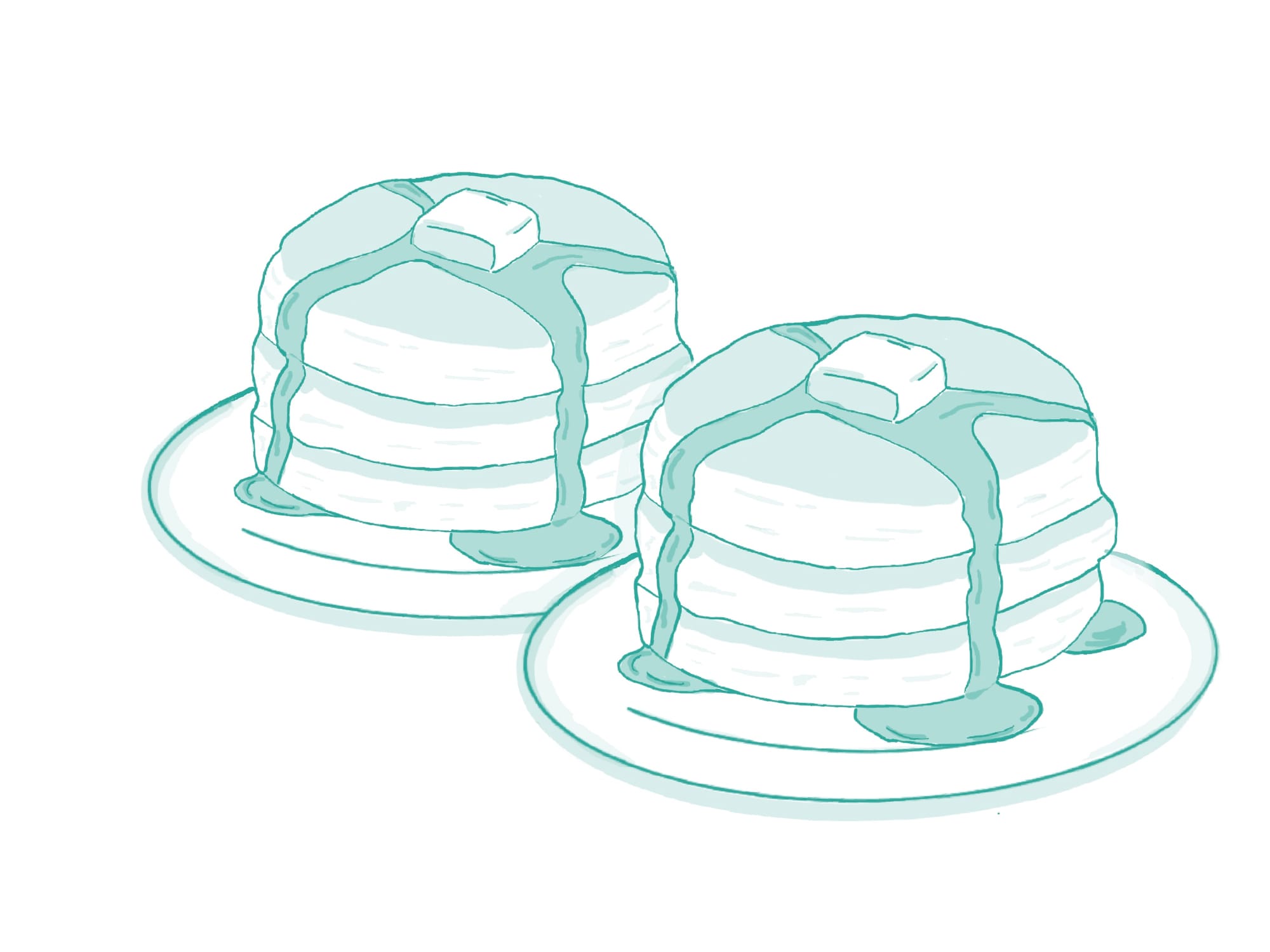Moral Dilemmas
When complex decisions are no longer thought experiments.

There's a thought experiment inflicted on philosophy majors where one is asked to make a choice when there are only two intolerable options. It goes that you are starting with a hot pan on a flame, with its contents starting to boil over. It sits next to a tray of fresh cookies, the smell filling the air, pierced by burning oil. Your left hand is occupied with a load of fresh gourds, not yet sliced for cooking. To stop the potential of a grease fire, your only options are to shove it to the side using the force of the gourd in your left hand and destroy the cookies or to pick it up with your defenseless right hand, burning your skin on contact.
Do you accept 2nd-degree burns – or – destroy fresh cookies? Your hands will recover. Cookies can be remade at a later time.
A good Ivy League philosophy major will submit to the thought experiment obediently and explore the complex moral concerns it conjures. But even a smart community college student will know that there are countless nuances and options throughout this whole illustration. You could grab a pot holder to protect your hands. Perhaps you could go one day without cookies? More importantly, what happens to the gourd in this whole episode?
In this case, the best option is to turn off the burner, set the gourd down, and go to Cracker Barrel. You can clean up the mess later. Right now, we are hungry.
This, however, is not the way things work in the real world. In reality, Cracker Barrel may be closed, there may be a long wait, or your companion may be highly allergic to gluten, leaving them with little to choose from on a southern comfort food menu doused in biscuit flour and pancake batter.
Whether you recall this problem from your college days or not is not important. Perhaps you're familiar with the more popular Trolly Problem. It puts a runaway trolly on a track that splits in two different directions. You have the opportunity to pull a lever to direct it to one track or the other. On one side, you have 1200 of your own children; on the other, you have a whole enclave of people you don't know who would prefer your country be wiped off the face of the earth. We know both options are terrible. The point is to work through the moral complexities of conflicting choices.
This decision matrix applies to our daily lives time after time. Business people are faced with the dilemma of ruining someone's life by firing them or damaging their business by keeping them. Parents will choose between lying to their children or traumatizing them. Drivers will choose to kill a flock of geese or rear-end a Jeep thrusting its dashboard of rubber ducks into oncoming traffic. Either way, a flock will perish at your hands. It's yours to decide which moral depravity you are willing to accept. And for the record, once you choose it, whichever you select, you are now a terrible person.
Whoever can judge these decisions rightly should, as soon as possible, parlay their Instagram influencer career into a run for president, immediately if not sooner, because these are the moral dilemmas that are faced every day by our world leaders, whether elected to office or hired by the board of a prestigious university. Who better to bring wisdom to our institutions than someone who's already doing it online? We don't just need great leaders. We need great content!
At times, we have to navigate complex issues, and whether we like it or not, these college experiments are all too real, even if they’re reductive and feed our bias toward dichotomies. Too often, we’re faced with a choice between two bad options. Bad options like what we see in the Middle East. One track invites additional attacks on your nation; the other causes massive civilian deaths on theirs. The thought experiment, however useful as an exercise, is not like reality, where every moral dilemma brings with it a range of possibilities. That means within each option is a range of options and a range of answers when asked about it. It means you can be critical of either option without considering it the wrong choice.
When navigating moral dilemmas, it's important that we leave room for the nuances that each scenario brings. It's also important that we accept the inevitable realities that come with it. I call it tough choices. When asked, "What is the best food at Cracker Barrel, and why is it Pancakes?" the question has already resigned from participating in reality. Important questions are complicated. Not simple, even when we want them to be. Even when we want to criticize the people who have to answer them.
One of the things I've observed about the world is that war is inevitable. Normally, we judge wars by their outcomes. Not on the merit of the decisions and how those decisions were made.
Few people would have considered Bush's war on terror in 2001 anything but the right response. Few would look back on it and call it a success. What if you didn't know how things would turn out? You only have the decisions you make and the criteria to base them on.
Wars will happen on college campuses in the form of debates over the rights of free speech and the ways that it can feel unsafe when that speech is about violence, at least, the violence you don't agree with. No one would have argued against the right to the freedom of speech. But people will be sure to argue against it when they don't like the outcomes.
You can be confident that no matter what your decisions are when you are in leadership, the protests will be there to remind you what you've done wrong, and your regrets will find you wherever you are. Any less-than-slick answers may cost you your job, but slick yet inaccurate ones might not do any better.
When you are faced with a moral dilemma, your only option is to make a bad choice and then navigate that choice with the best judgment you can bring to the moment based on all the wisdom you can muster and the data available to you.
In the toughest of times, sometimes there are only bad choices. Those surrounding you are the critics who will judge you with reductive rhetoric. But when it comes down to it, they're not the ones carrying the weight on their shoulders.
If you like this kind of thing, consider this 👇

